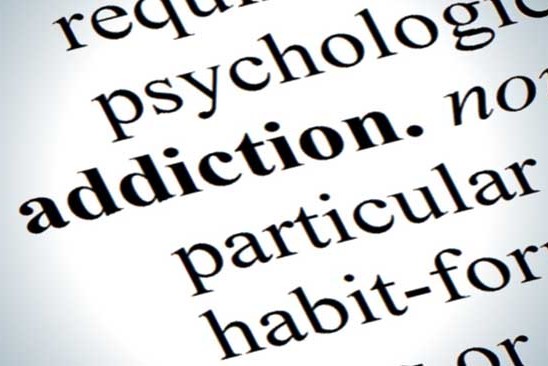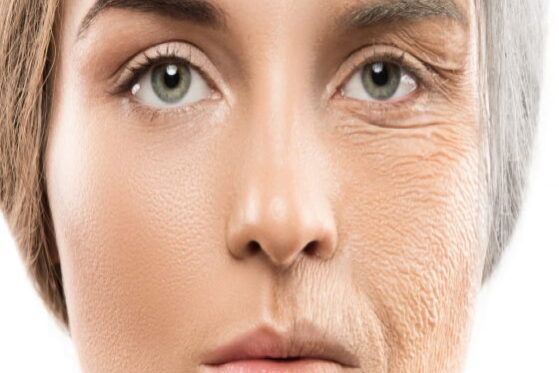What is Addiction?
The terms addiction, substance dependence, and substance abuse are on occasion separated by a few characteristics. In the DSM-IV, the American Psychiatric Association has combined the neurological nature of addiction and the withdrawal pattern typical of substance dependence to help define the disorder as a whole.
With a broader understanding and more inclusive terms counselling and medicine may cooperate to understand and treat both the brain and behaviour dysfunctions that comprise Substance Use Disorder.
Professionals currently use very accurate set of criteria to help them determine the presence of an addiction or a Substance Use Disorder:
- Tolerance: Do you have to use more of the drugs or alcohol over time to maintain a high?
- Withdrawal: Have you experienced physical or emotional discomfort when you have stopped using? Have you used to avoid feelings of anxiety, sadness, or to prevent shakes, sweats, nausea, or vomiting?
- Control: Do you find yourself taking larger amounts than you ever thought you would or use for longer than you expected?
- Desire to quit: Have you thought about cutting down your use? Have you tried to cut down or control your use and been unsuccessful?
- Time devoted to others: Have you ever cancelled activities with friends, missed important work occasions, or reduced the amount of socializing and recreation in your life because of your use?
- Time devoted to using: Do you spend the majority of your time obtaining, using, hiding, recovering from your use, and planning the next use? How much time do you spend thinking about using, avoiding getting caught, or ways to get more?
- Negative consequences: Have you continued to use once you learn about and see the harmful effects of the substance to your health and in your personal life? Do you keep the drug around even when your body and relationships begin deteriorating?
Because addiction does not resemble what we commonly think of when we imagine disease we often blame the addict entirely for choosing their life and for being too weak to walk away. It is true that one of the greatest positive indicators of substance use disorder is a person’s choice to use even when there are clear and immediate negative consequences for doing so. But why?
Details




